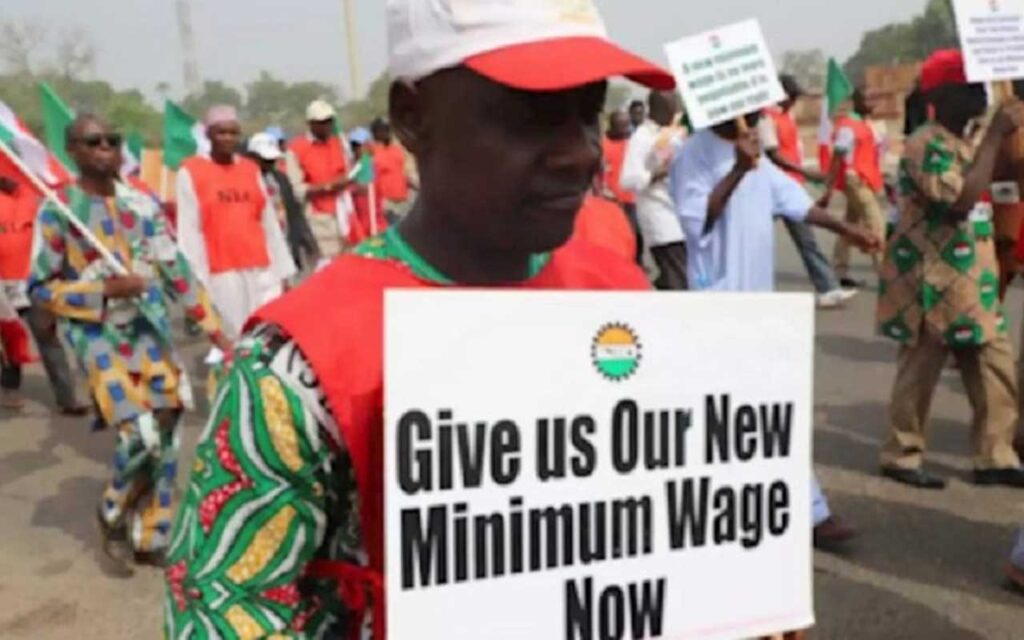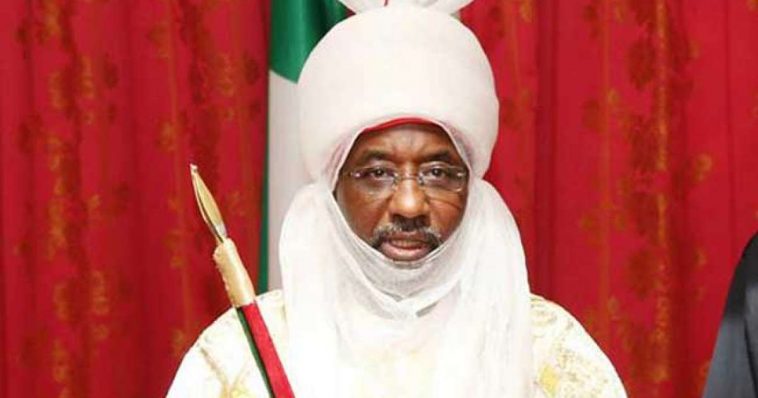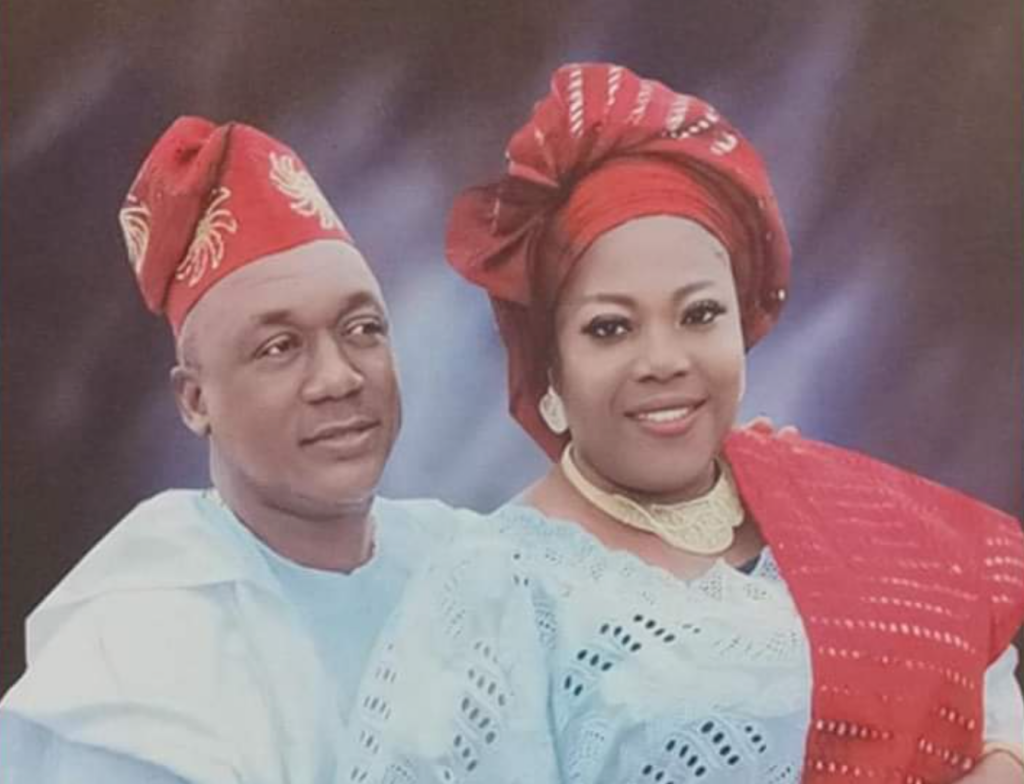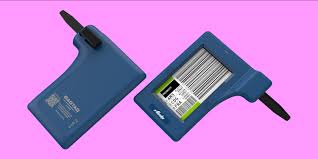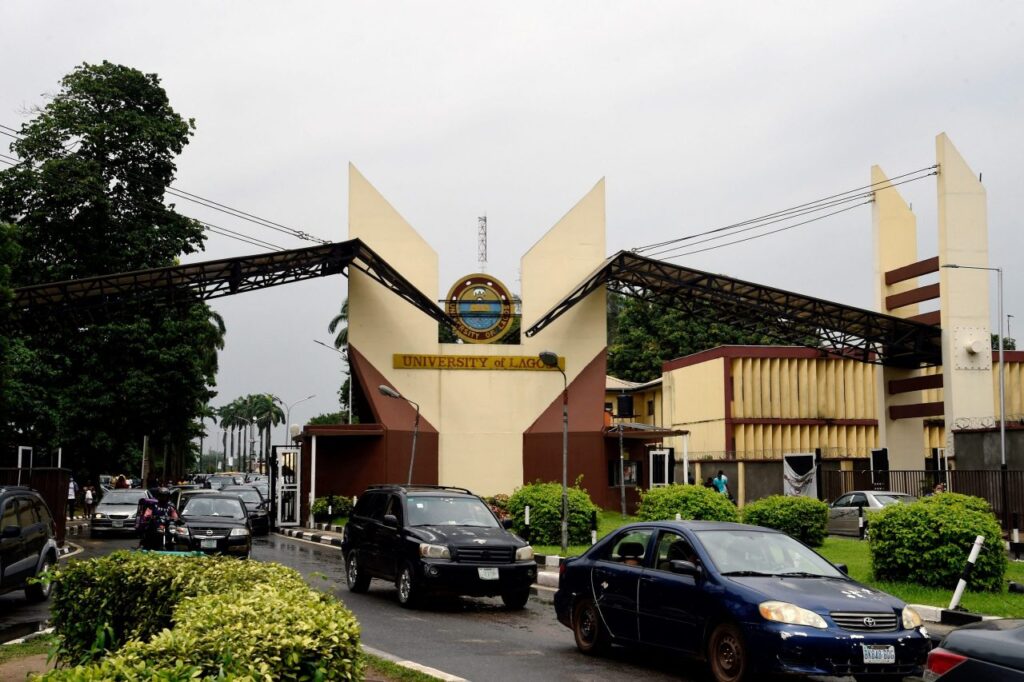
OSTENSIBLY in an attempt to curb over reliance on arms importation in the fight against insurgency and other crimes, President Muhammadu Buhari has directed the Federal Ministry of Defence to produce an action plan for the establishment of a modest Military Industrial Complex (MIC) for the local production of weapons to meet some of the requirements of the country’s armed forces.
Speaking at the graduation ceremony of the Course 23 of the National Defence College (NDC)) in Abuja, Buhari described as unacceptable, Nigeria’s current over-dependence on other countries for critical military equipment and logistics. “We must evolve viable mechanisms for near-self-sufficiency in military equipment and logistics production complemented only by very advanced foreign technologies.
The Ministry of Defence is being tasked to draw up clear and measurable outlines for development of a modest Military Industrial Complex for Nigeria. “In this regard, it is to liaise with other strategic MDAs and industries to re-engineer the Defence Industries Corporation of Nigeria (DICON) to meet national military hardware and logistics requirements,” the President said.
He told the gathering that his administration had, since its assuming office, reviewed the nature and character of Nigeria’s security threats and challenges. “We recognised first and foremost, the external dimensions of these threats and the need for international cooperation and common security mechanisms to tackle them,” Buhari said. He stressed that in the light of this realisation, his administration was “convinced that the best approach was to work within the framework of the Lake Chad Basin Commission (LCBC) to mobilise a collective regional effort in the fight against terrorism and insurgency.”
The President urged the graduates and officers and men of the Armed Forces to work harder to win the war against Boko Haram, terrorism and insurgency. “We must apply a comprehensive strategy and coordinate all elements of national power against terrorism and insurgency; we must show result oriented leadership at all levels of military Command; we must set up an optimal organisation to manage and sustain operational performance; and we must show confidence and winning mentality,” Buhari added.
The President assured that the Federal Government under his leadership would strive to meet the operational, logistic, training and welfare requirements of the Armed Forces of Nigeria. He also reaffirmed his commitment to ameliorating the hardships of people living in areas most affected by insurgency and terrorism.
“We have the will, resolve and conviction to apply a comprehensive strategy and coordinate all elements of national power against terrorism and insurgency,” he reassured. Buhari said that the National Defence College had fulfilled the vision of its founding fathers by becoming a strategic human capacity-building institution, making credible contributions to Nigeria and other friendly countries. He urged graduates of the College’s Course 23 to resolve to make “a marked difference in your future deployments and contribute your quota to the evolution and implementation of national security, defence and military strategies.”
He added: “You should be the source that lights up the environment wherever you find yourselves”. During his pulling ceremony to mark his exit from the military, former Chief of Defence Staff, Air Vice Marshal Badeh, identified lack of imported military equipment and hardware as the major problem in the fight against insurgency. But immediate past National Security Adviser (NSA) to former President Goodluck Jonathan, Col. Sambo Dasuki (rtd), said the administration acquired sophisticated weapons for the military in the last year of his administration.
He also revealed that western powers frustrated Nigeria’s attempt to buy military weapons from them, as well as sabotaged efforts to purchase from other sources.

